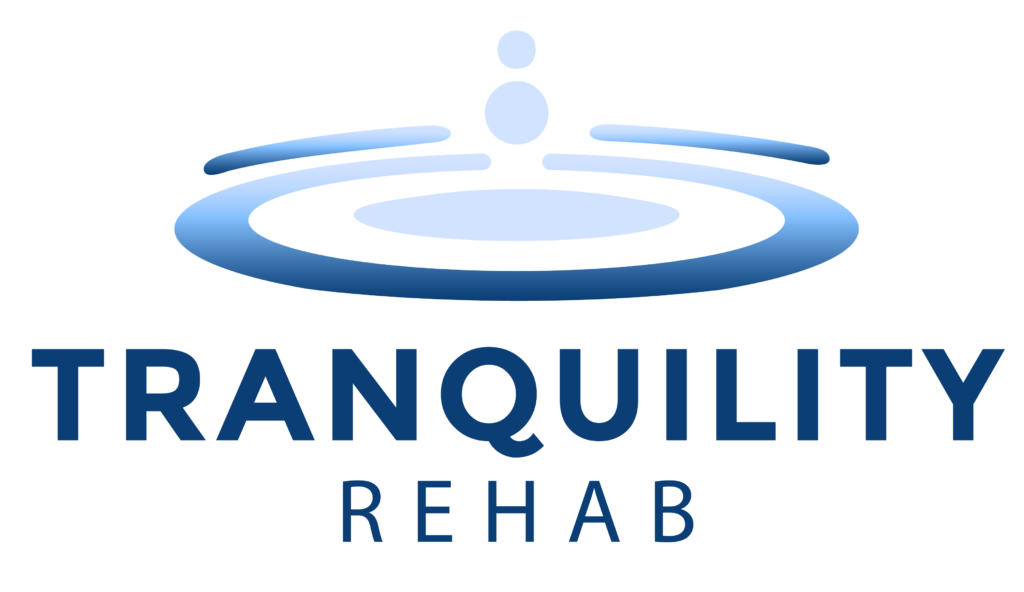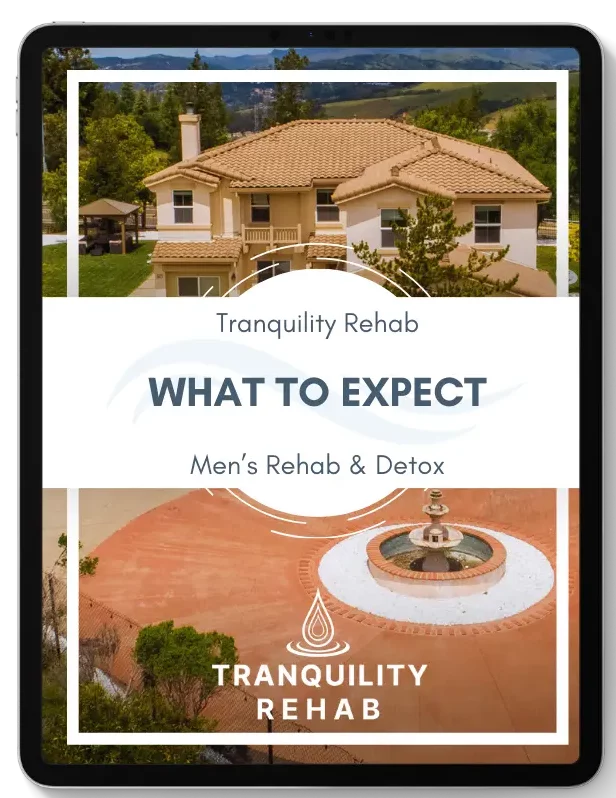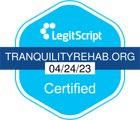Recovery is tough—there’s no sugar-coating it. But while the road may be challenging, it’s also an opportunity to rediscover your strengths and create a healthier, more fulfilling life. One key ingredient in this journey? Confidence. Confidence in recovery is about more than just believing you can stay sober—it’s about trusting your ability to overcome setbacks, navigate tough situations, and grow into the best version of yourself. And here’s the good news: confidence is something you can build, even if it feels shaky right now.
Why Confidence is the Backbone of Recovery
Let’s start with why confidence is such a big deal in recovery. Confidence is what keeps you moving forward, even on days when the process feels overwhelming. It helps you stay motivated, make better choices, and see challenges as opportunities to grow instead of reasons to quit. In fact, research from the Journal of Substance Abuse Treatment highlights how self-efficacy, or the belief in your ability to succeed, significantly lowers the risk of relapse and improves long-term recovery outcomes.
Here’s another interesting stat: A study from the National Institute on Drug Abuse found that 40-60% of people in recovery experience at least one relapse. While this might sound discouraging, it actually underscores the importance of confidence. When you believe in your ability to bounce back, a relapse becomes a lesson—not the end of the road.
Confidence also impacts your relationships and how you approach life outside of recovery. It allows you to set boundaries, communicate effectively, and rebuild trust with loved ones. More importantly, it helps you rebuild trust in yourself.
How to Build Confidence in Recovery (Even If It Feels Impossible Right Now)
Building confidence doesn’t happen overnight, but the good news is that small, intentional actions can create big changes over time. Let’s talk about some practical ways to strengthen your self-belief as you move through recovery.
Celebrate the Small Wins
You don’t have to wait for a big milestone like one year of sobriety to feel proud of yourself. Every sober day, every healthy choice, and every step forward matters. According to the American Psychological Association, celebrating small victories releases dopamine, which reinforces positive behavior and boosts self-esteem.
Set Goals You Can Actually Reach
It’s easy to feel discouraged if your goals are too ambitious or unrealistic. Instead, focus on small, manageable steps that build momentum. For example, if repairing damaged relationships feels overwhelming, start with one person. Call or text them and let that be your first step.
Lean Into Your Strengths
Here’s a question: When was the last time you thought about what you’re good at? Recovery often comes with feelings of guilt or inadequacy, but it’s important to focus on your strengths. Are you a good listener? Do you have a knack for problem-solving? These qualities can become powerful tools in your recovery.
If you’re not sure where to start, try asking a close friend or counselor to point out your strengths. Sometimes an outside perspective can help you see what you might miss.
Learn Something New
Recovery is a chance to rebuild your life, and part of that is discovering new passions. Picking up a hobby or skill—like painting, gardening, or even learning to cook—can give you a sense of accomplishment and help you see yourself in a new light.
Surround Yourself With the Right People
Who you spend time with can make or break your confidence. Surrounding yourself with supportive, positive people can reinforce your belief in yourself. Whether it’s family, friends, or a recovery group like SMART Recovery or Alcoholics Anonymous (AA), being part of a community can make a world of difference.
Tackling Confidence Killers (And How to Beat Them)
Even with the right strategies, building confidence comes with challenges. Let’s address some common confidence killers and how to handle them.
Self-Doubt
Self-doubt can creep in when you’re faced with setbacks or struggling to see progress. But remember, recovery is a marathon, not a sprint. Reframe self-doubt by focusing on what you’ve achieved so far. Positive affirmations like “I am capable of change” or “I deserve a healthy, fulfilling life” can also help reshape your mindset over time.
Relapse
Relapse is a common part of the recovery journey, but it’s important to view it as a learning experience rather than a failure. What triggered it? What can you do differently next time? Working with a counselor or sponsor to create a plan can help you bounce back stronger.
Social Stigma
Unfortunately, stigma around addiction and recovery is still common. This can make it hard to feel confident, especially if you’re dealing with judgment from others. Remember, your recovery is about you—not anyone else’s opinions. Surrounding yourself with supportive people who understand your journey can help counteract stigma and reinforce your self-worth.
Why Professional Support Can Be a Game-Changer
Sometimes, building confidence takes a little outside help, and that’s okay. Professional treatment programs can provide the tools and resources you need to strengthen your self-belief.
Therapy, particularly Cognitive Behavioral Therapy (CBT), is highly effective in addressing negative thought patterns that can undermine confidence. By challenging these thoughts and replacing them with positive ones, you can reframe how you see yourself and your recovery journey.
Group therapy is another valuable resource. Sharing your experiences in a supportive environment helps you realize you’re not alone, which can be a huge confidence booster. Skills-building workshops that focus on stress management, communication, and boundary-setting can also give you practical tools to navigate life with self-assurance.
Confidence in Recovery is Possible
Recovery is hard work, but confidence can make it easier—and more rewarding. By celebrating your progress, setting achievable goals, and surrounding yourself with supportive people, you can create a strong foundation for lasting success. Confidence isn’t about being perfect; it’s about believing in your ability to keep going, even when the road gets rough.At Tranquility Rehab, we understand how important confidence is in recovery. Our compassionate team is here to help you build the self-assurance you need to thrive. Whether through therapy, group sessions, or personalized care, we’re dedicated to supporting you every step of the way. Reach out today to start building the confidence that will carry you toward a healthier, happier future. You’ve got this!




